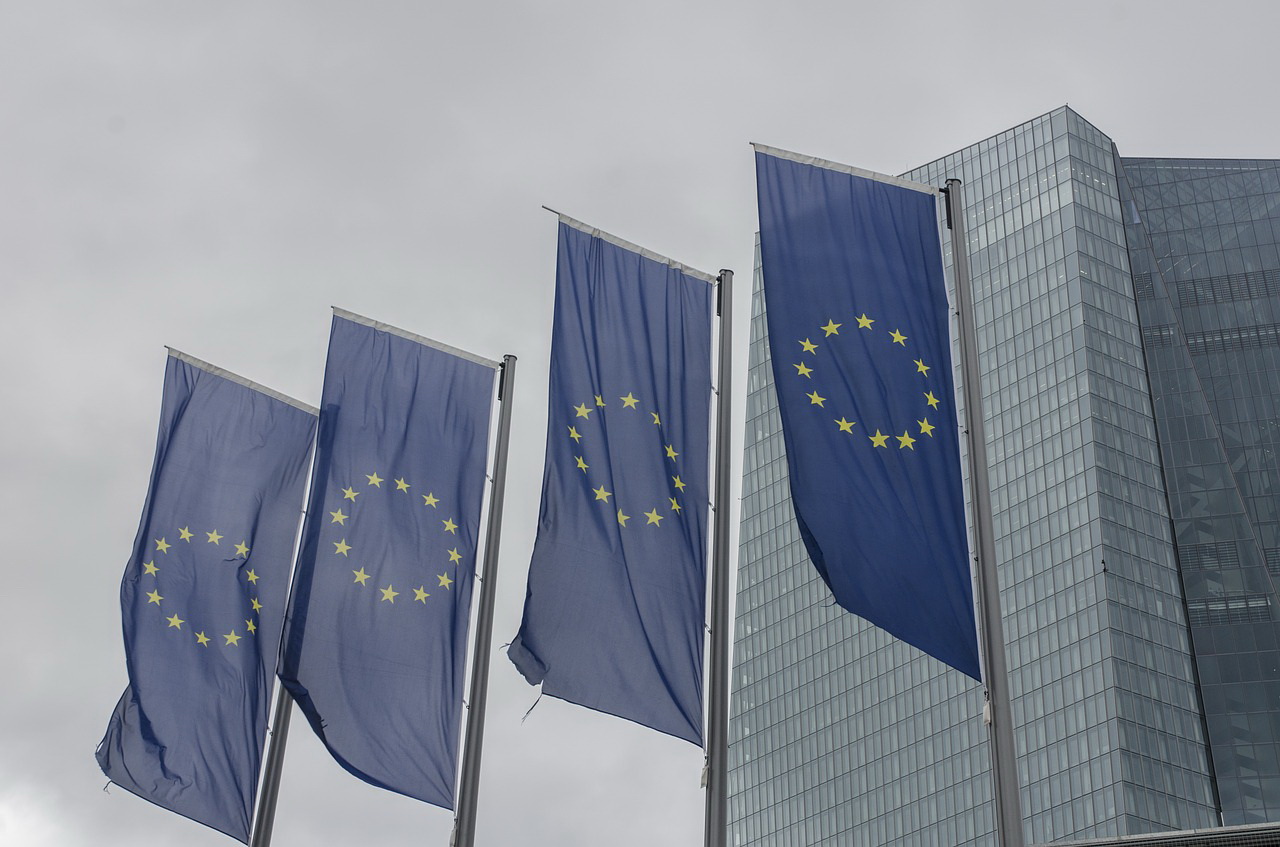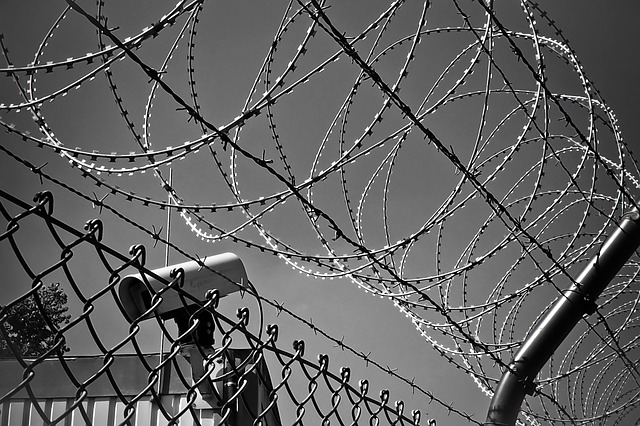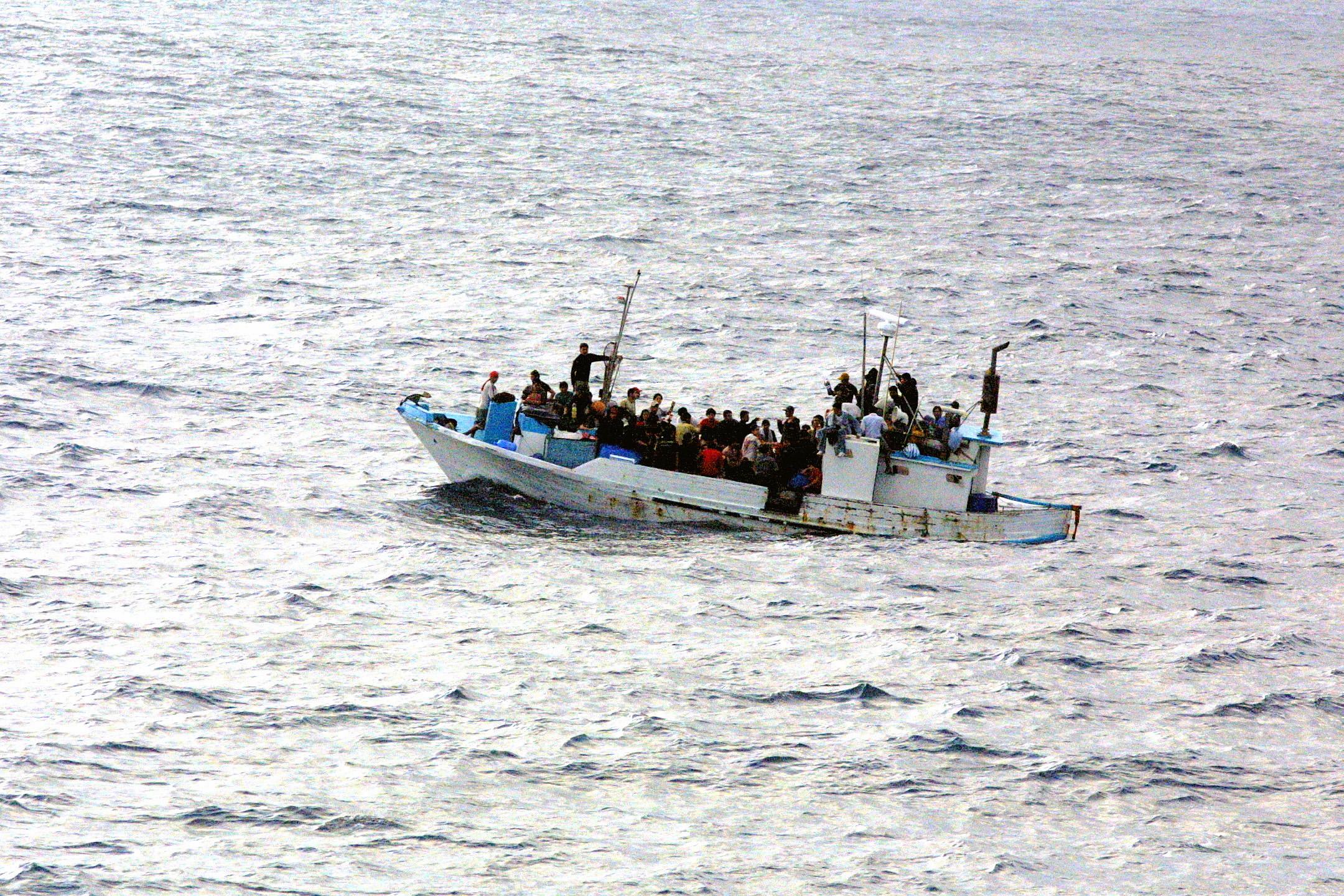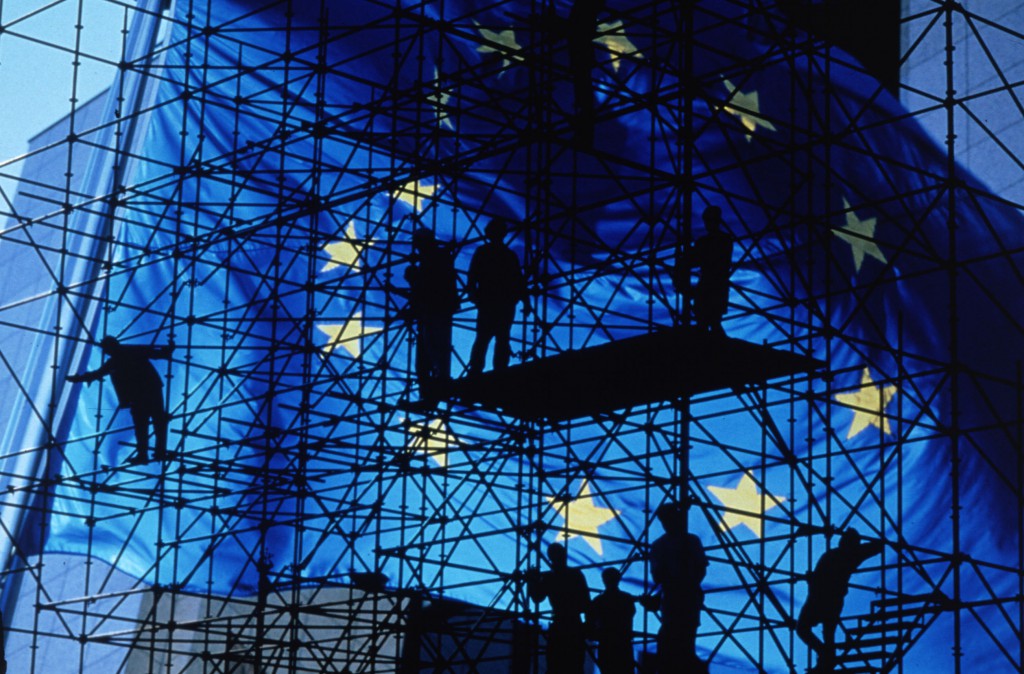POLITHEOR
European Policy Network
Blog 1 Column Left Sidebar
- Home
- Blog 1 Column Left Sidebar

The New EU Voting system – the old west-east north-south division0
- Analysis, EU Governance and Politics
- 23/12/2014
Economic governance reforms and Eurozone consolidation has significant institutional and political consequences: a multiple-tier integration is ever more realistic. „Out” countries seek to mitigate the negative impact of these developments. In this respect V4 – Visegrad countries differ a lot: Slovakia, a relative latecomer in economic reforms is part of the currency union. Poland, Hungary and the Czech Republic are not Euro-members. But even this sub-group is divided: Poland intends to join whenever requirements are fulfilled while the Hungarian and the Czech governments are cool on accession. At the same time, further economic federalisation in the Eurozone is to come. Against this background, the question whether a long-term “great divide” among V4 group countries in relation to their EU policies and consequently their future situation in the rapidly altering EU will be maintained, is of key importance.
READ MORE
The need for a new security discourse0
- International Relations and Global Affairs, Op-ed
- 08/03/2017
European countries are having a hard time addressing all the security threats they face. Radicalization is one particular challenge, where a dominant community within society feels menaced by a smaller group. The problem nowadays is that European counterterrorism measures ignore societal needs, enabling the rise of racist policies. Trump’s so called Muslim ban is only one recent example.
READ MORE
The Nagoya Protocol: Please sign here, here and here before proceeding with your research0
- Environment and Energy, Op-ed
- 11/10/2018
The Nagoya Protocol is a novel legal instrument and it aims to enable fair access and benefit sharing of genetic resources, but to what cost? Its implementation creates serious impediments for progress in science.
READ MORE
The myths and truths of the European migration crisis0
- Human Rights and Migration, Op-ed
- 24/09/2015
There is no price tag attached to my hand stretched out to refugees, people threatened by wars, and violent regimes. The humanitarian argument prevails over any cost-benefit analysis. But as a labor economist, I firmly believe it is my obligation to help us better understand the labor market impacts of immigration.
READ MORE
The lost generation: Euro-skepticism among European youth0
- EU Governance and Politics, Op-ed
- 29/03/2016
As a result of multiple crises, Euroscepticism, defined as criticism of the EU and opposition to the process of political European integration, has been on the rise in the EU. Where the youth of the EU stands on this issue, explains Karina Oborune, education expert from Latvia
READ MORE







